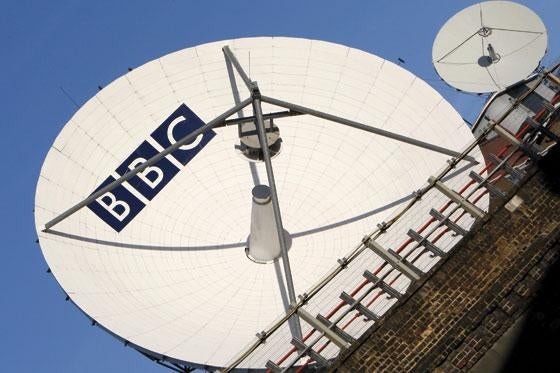
The National Union of Journalists and Bectu, the broadcasters’ union, have condemned plans announced yesterday by the BBC to overhaul its pension scheme.
The BBC is proposing to plug a £2 billion deficit by closing its current scheme – which offers members a pension based on their average earnings during their career – to new joiners from December.
The BBC will keep the pension open to existing members, but said it wanted to change the terms so that salary increases used in pension calculations would be capped at one per cent a year, even if members received a higher pay rise.
The pension blow follows a recent review of the scheme that discovered the deficit had ballooned from £470 million in 2008 to about £2 billion.
The broadcaster, which will launch a 90-day consultation over the plans, introduced the current defined benefit scheme in 2006 when it closed the previous more generous final salary pension to new members.
There are about 23,000 members in the BBC pension schemes, of which some 17,000 are still contributing.
The BBC is also setting up a new defined contribution scheme for staff once the defined benefit one is closed to new members.
Existing members of the defined benefit scheme will also be able to join the new pension if they want to.
Staff will make contributions of between four per cent and ten per cent of their salary into the scheme, with the BBC adding up to ten per cent.
Unlike under a defined benefit scheme, the broadcaster does not guarantee how much the pension will be worth on retirement, leaving the individual to shoulder all of the risk.
Chief finance officer Zarin Patel said the changes being proposed were the most extensive in the scheme’s history.
She said: “These are tough decisions, and the first major reform of pensions in the public sector.
“But we believe we have no option if we are to avoid a new burden on the licence fee payer while ensuring that staff, many of whom have paid into their pensions for years, continue to receive what they are due.”
She blamed the need to make changes to the scheme on a combination of a fall in the value of the scheme’s assets due to the economic downturn, as well as increased life expectancy, meaning the company has to pay pensions to people for longer than expected.
She added that when changes were last made to the scheme in 2006, the BBC had planned to review it again in 2013.
But it had had to bring this review forward because of the impact of investment performance and increased life expectancy on the scheme.
The National Union of Journalists said it strongly opposed the proposals being put forward by the BBC, particularly the one per cent cap on pensionable earnings.
Sue Harris, NUJ broadcasting organiser, said: “The clampdown on future pensionable salary increases will permanently break the link between an individual’s salary and their final pension.
“A one per cent cap is harsh and unfair and takes no account of individuals receiving salary increases as a result of promotions.
“This is a significant reduction in the employment benefits package which sets up an unfair two-tier system that may ultimately threaten the viability of the defined benefits scheme altogether.”
Gerry Morrissey, general secretary of media and entertainment union Bectu, also condemned the BBC’s plan.
“The restriction on future pensionable salary increases of one per cent will permanently break the link between an individual’s salary and their final pension,’he said.
“In addition, the employment benefits package will not be as attractive to new employees and we believe that the BBC will struggle to attract staff with the appropriate skills levels, especially as the BBC will be recruiting a significant number of people for Salford from January 2011,” he said.
Bectu and its fellow trade unions, Unite and the NUJ, are planning a series of meetings across the country beginning next week to hear members’ views on the proposals.
Morrissey added: “We think it is premature at this stage to talk about industrial action, especially as we are also in negotiations on the annual pay award. When we have completed our meetings with members, we will then know what direction our members want the union to take.”
Email pged@pressgazette.co.uk to point out mistakes, provide story tips or send in a letter for publication on our "Letters Page" blog
